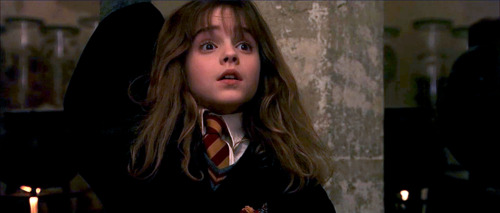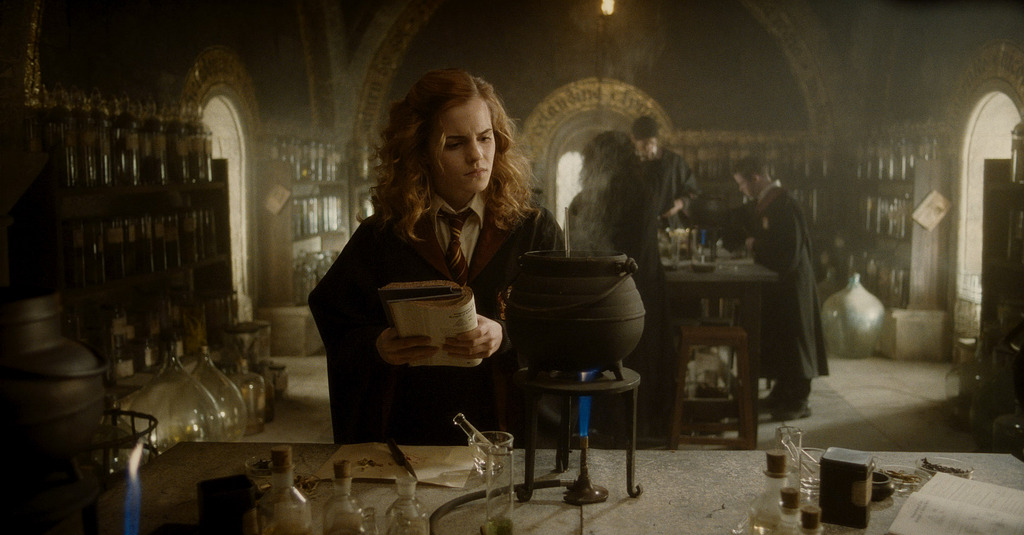There is one photo that truly describes me growing up:

I was a know-it-all and teacher’s pet, constantly striving to be top of the class. Anything less than an “A” was failure. After all, how could I prove I knew everything with less than perfect grades?
So when things didn’t go well for me, I usually got very frustrated. Not unlike my girl Hermione when Harry was outperforming her in their sixth year potions class.

Once in college, I called my mom at 2am, sobbing. I was preparing for a Physics test and just wasn’t understanding the concepts. “I’m a failure!” I wailed into her voicemail. “How can I not be smart enough to pass this class?!”
My grade? A “C.”
A “C” was not failing. By all scales, it’s average. But it wasn’t perfect. I didn’t understand every concept, and I ended up dropping the class to retake it in the summer where I might fare better.
Yet I struggled just as much during the summer.
This was the first moment I learned how important failure was. I learned that just because all subjects came easy to me during my compulsory educational years didn’t mean they would come easy to me forever. I joined a study group (then got kicked out and joined another one, but that’s a story for a different day). I went to my professor’s office hours. I solved problems outside of the assigned homework. I learned how to really learn.
And though I had that first foray into failure, I’ve still struggled with it ever since. It’s against my nature to not be perfect in all things, which can be especially problematic here in the Valley, where “fail fast” is often the motto.
So how does one overcome this fear of failure? For me, it’s by identifying and accepting tiny failures throughout the day.
Accidentally closed a JIRA ticket I shouldn’t have?
Fail.
Sent an email that caused more confusion when it was supposed to clear things up?
Fail.
Held a meeting that didn’t achieve its intended goal?
Fail.
Used the wrong Japanese word in conversation?
Fail.
Now, it’s not enough to label a moment a “fail,” ¯\_(ツ)_/¯, and move on. That’s apathy. Instead, I face each failure, note the events that made it so, and determine how I would handle it differently in hindsight.
Every failure must be a learning experience. Otherwise it’s a waste of brainpower.
It seems small, but these micro mindset adjustments help me accept that failure isn’t the end of the world. While I doubt I’ll ever be free of my perfectionist persona, lessening my fear of failure does put me in a better position to accept risks.
And when the bigger failures come, it ensures I don’t spend an inordinate amount of time beating myself up over it.
So fail, learn, and move on. Because no mom wants 2am phone calls.
Be First to Comment